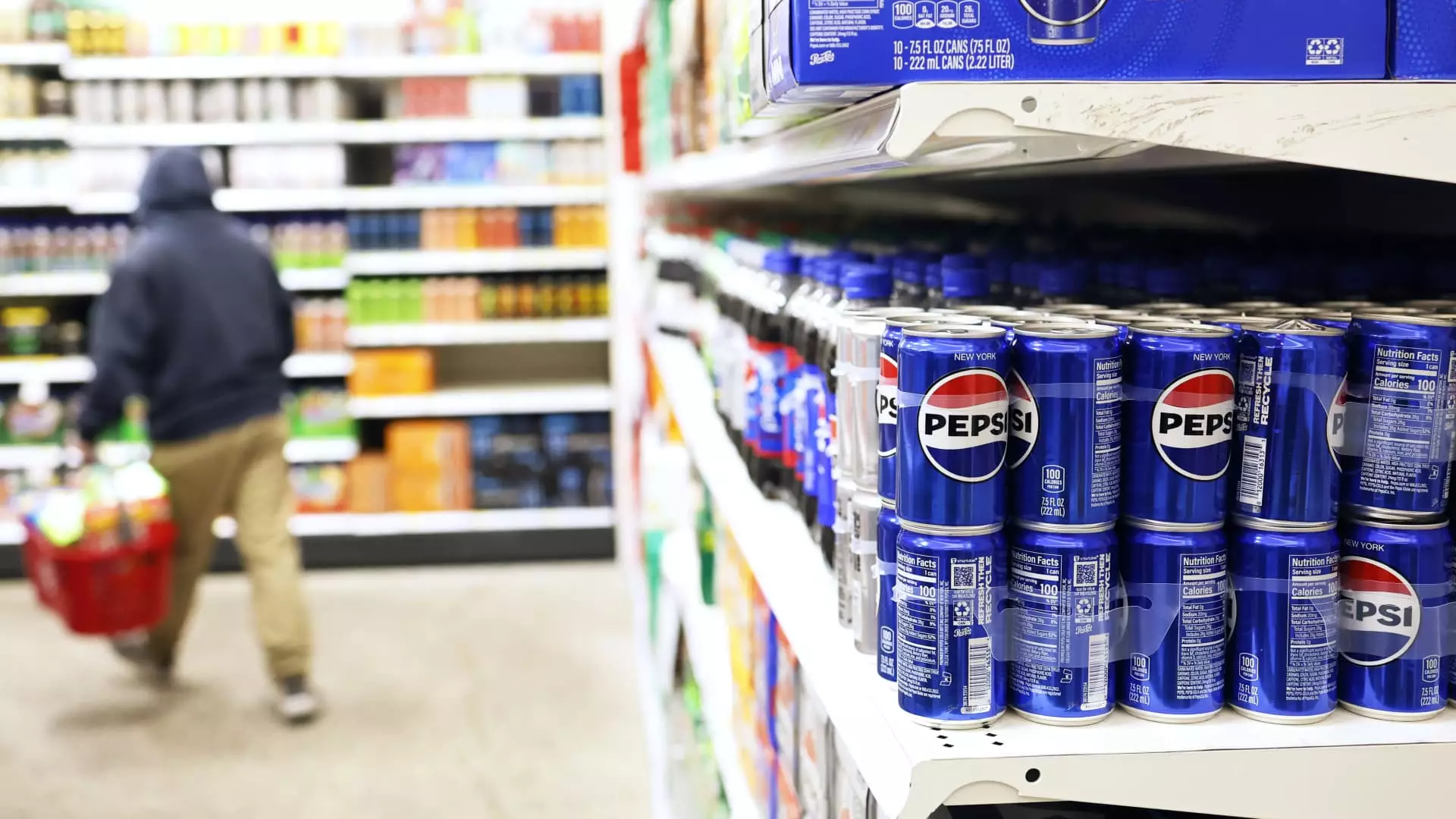In a striking move, the Federal Trade Commission (FTC) has announced its intent to sue PepsiCo for allegations of illegal price discrimination. This lawsuit centers around the claim that PepsiCo provided more favorable pricing and promotional allowances to a specific retailer compared to its competitors. Unofficial reports indicate that Walmart is the retailer in question, a detail that underlines the deep implications of the case for competition in the marketplace. The crux of this case revolves around the Robinson-Patman Act, a piece of legislation aimed at preventing unfair pricing practices that can distort competition.
The FTC’s complaint asserts that PepsiCo has breached the principles laid out in the Robinson-Patman Act. This Act, introduced in 1936, is designed to ensure that sellers do not engage in discriminatory pricing practices that could harm competition. The FTC argues that Pepsi provided Walmart with promotional payments and marketing tools that were not made available to its rivals, thereby securing a competitive advantage that adversely affects other retailers. This situation points to a broader concern about how large corporations may wield influence over pricing structures in ways that can undermine market fairness.
PepsiCo has strongly contested the FTC’s allegations, asserting that the lawsuit is fundamentally flawed both in its factual basis and legal reasoning. The company claims that its pricing strategies align with industry standards and that it does not favor particular retailers at the expense of others. PepsiCo’s firm denial illustrates the contentiousness of this legal battle, with the company committed to defending its practices in court. Such a rebuttal not only positions PepsiCo in opposition to the FTC’s claims but also reflects broader tensions in corporate governance concerning pricing and competitive strategies.
This case emerges from a significant shift in the FTC’s approach to enforcing the Robinson-Patman Act, an act that had fallen out of favor in the spirit of deregulation during the 1980s. The agency’s renewed interest in this legislation has come alongside a larger trend during the current administration to scrutinize corporate practices more rigorously. Following a recent uptick in legal actions against major companies, this lawsuit against PepsiCo is part of a broader initiative to tackle corporate malfeasance and ensure fair competition.
As the case develops, it will be crucial to monitor how the courts will interpret the FTC’s claims and the ramifications that may follow. With the lawsuit filed in the Southern District of New York and the complaint temporarily sealed, details remain largely speculative, underscoring the challenges faced by regulators and companies alike. Additionally, with leadership changes expected at the FTC, the outcome may influence future regulatory actions. The PepsiCo case raises vital questions about the interplay between large corporations and competition law, potentially setting precedents for how similar cases are handled moving forward. The stakes are high, and the public will be watching closely as this legal drama unfolds.

